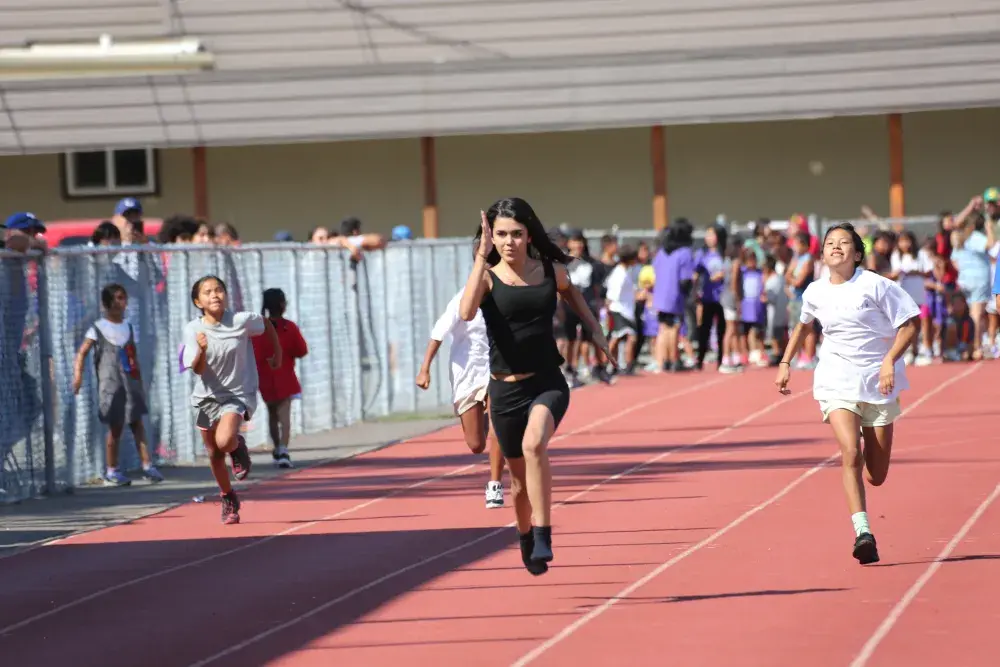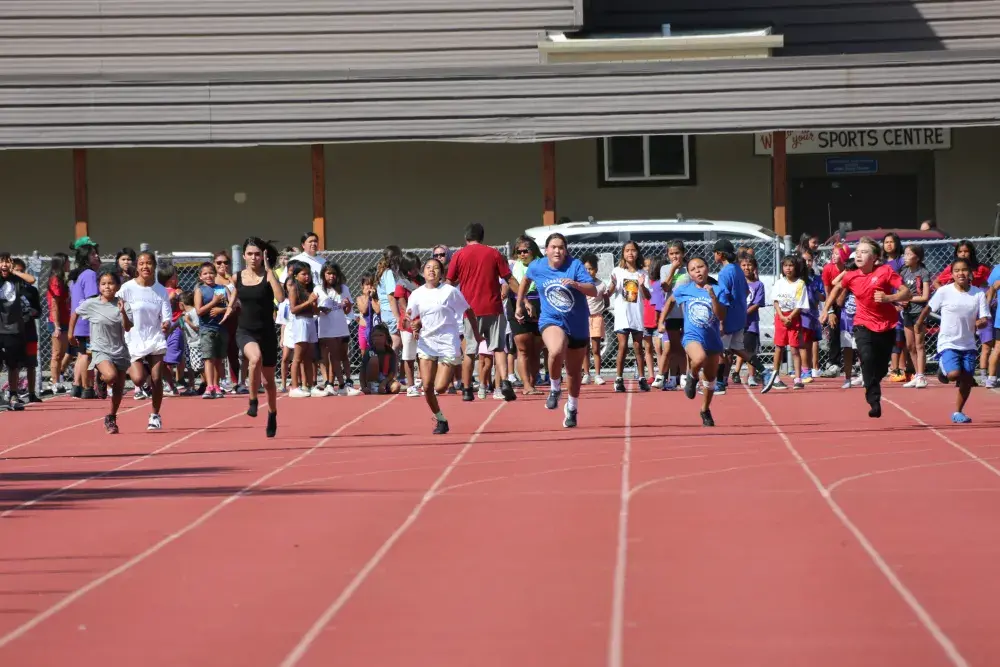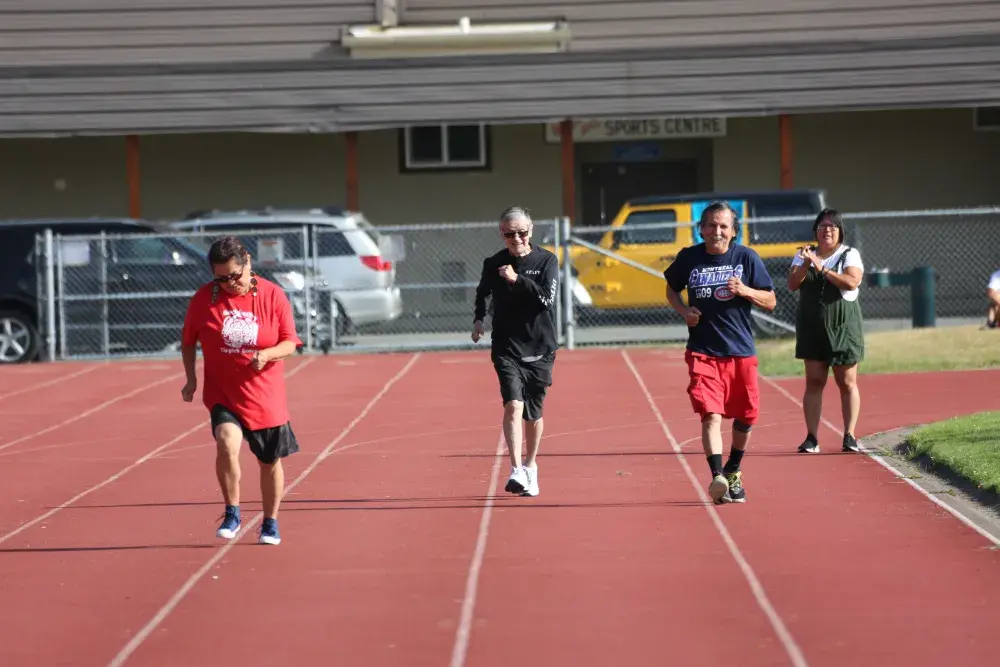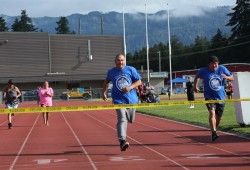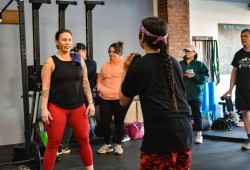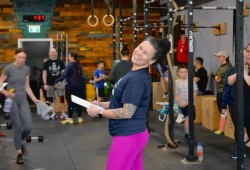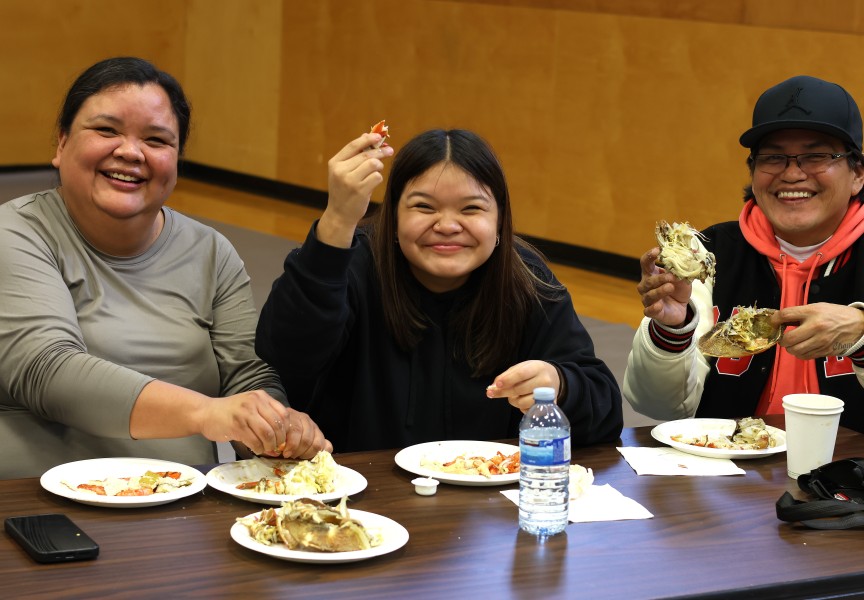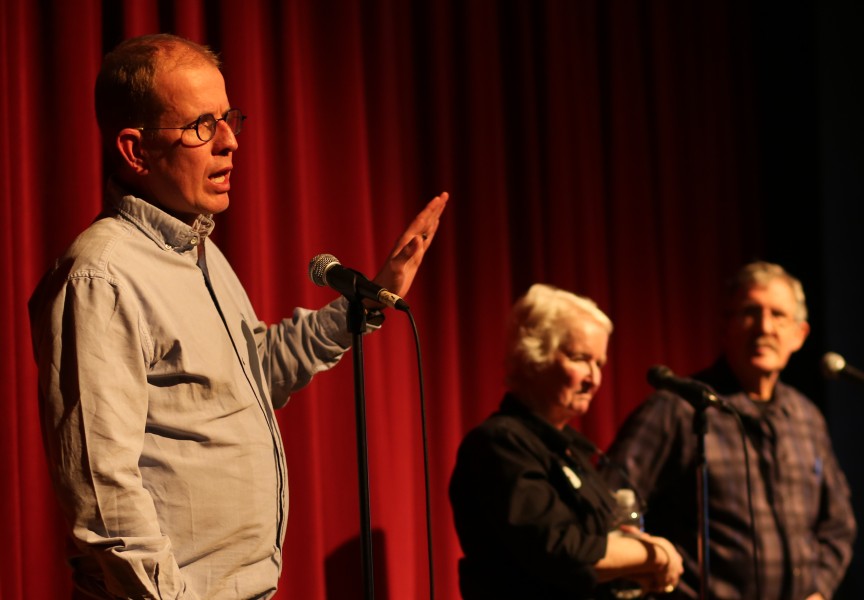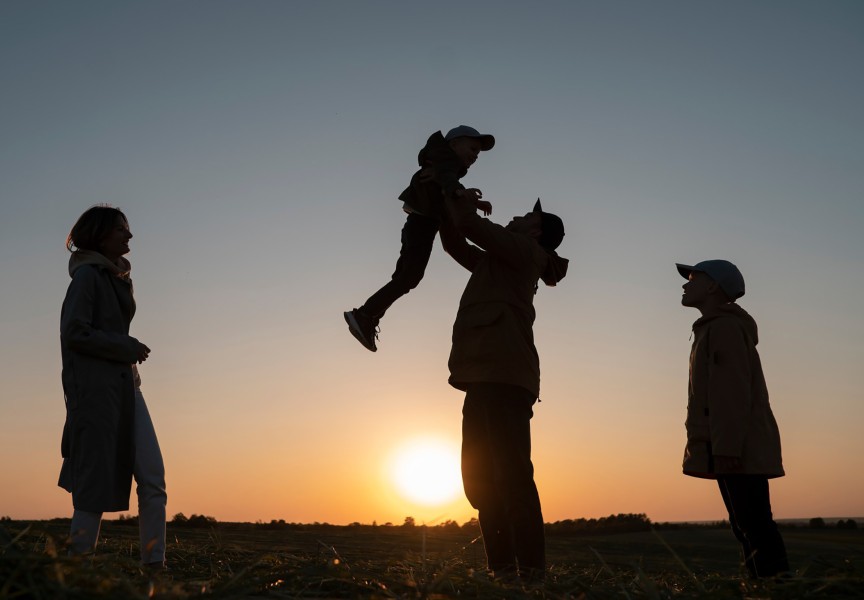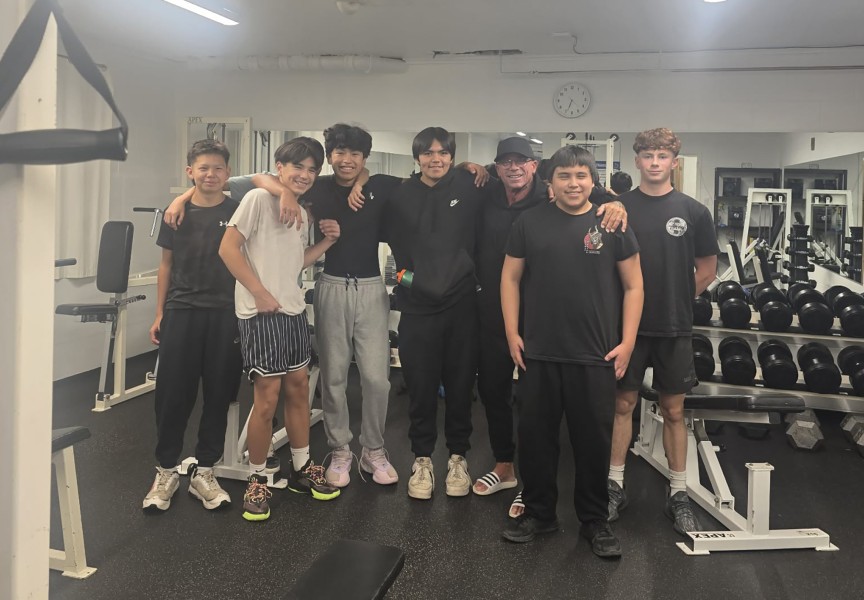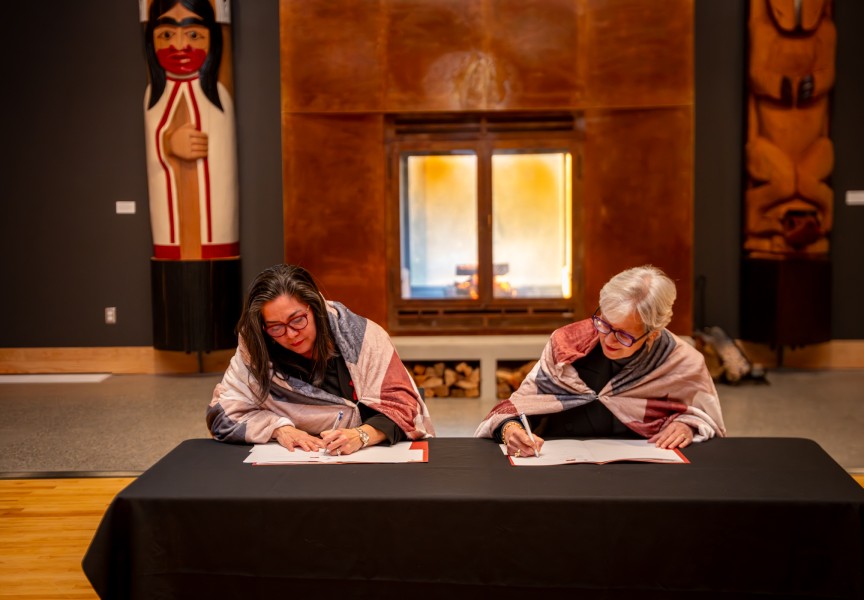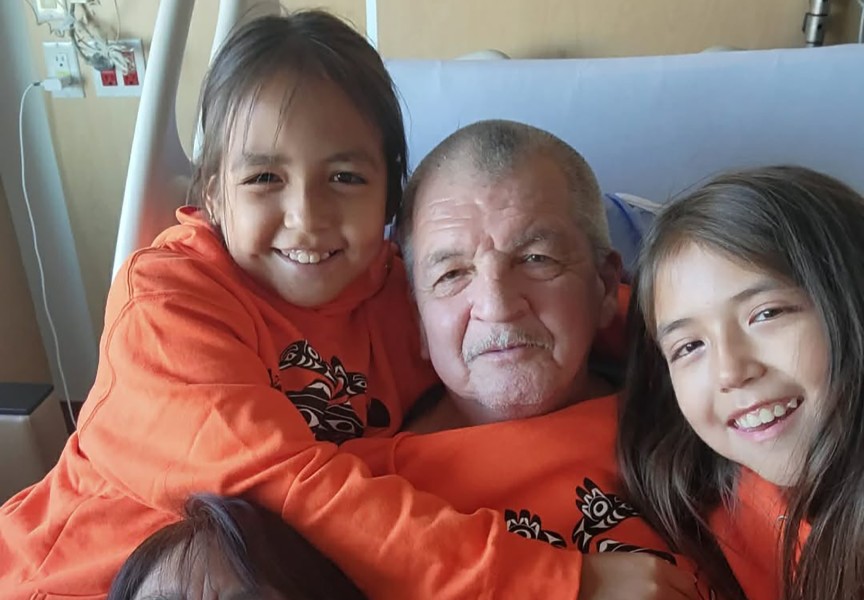This summer the Tlu-piich Games returned to Port Alberni after five years, reminding Nuu-chah-nulth-aht of the health benefits of physical activity.
But according to Diabetes Canada, many adults who face the challenges of today’s society can easily fall into the habits of a sedentary lifestyle, increasing their risk of diabetes, heart disease, hypertension and obesity. This makes it even harder to prioritize exercise, and First Nation people are already at a high risk of diabetes. Diabetes Canada states that eight in 10 Indigenous people are projected to develop diabetes over their lifetime.
But the good news is that the national organization also reports that regular exercise - 30 minutes five times a week - can help delay or even prevent diabetes from developing.
With Canada’s ever-increasing cost of food, utilities and everyday bills many adults struggle to afford the price of a gym membership or fees for organized activities like hockey or softball. A survey done by Participaction shows only 18 per cent of Canadian adults get the recommended amount of exercise needed to maintain a healthy lifestyle.
Boaz Harris, a summer student with the First Nation Health Authority (FNHA), is working towards his degree in kinesiology, the study of the human body’s movement and the science of exercise. He tells Ha-Shilth-Sa “it’s about a shift in your mindset” when asked about what people with obesity or other illnesses can do to get started.
“More about building a habit, start with five to 15 minutes a day, something small so you don’t become overwhelmed,” he said. “Even a small amount of exercise can help regulate your blood sugar and help your body utilize the blood sugar you do create in a more efficient way.”
A recent report released by FNHA in partnership with the Provincial Health Office found that the life expectancy First Nations peoples in B.C. has decreased, dropping from from the baseline of 73.3 in 2017 to 67.2 years in 2021 - a total loss of 6.1 years. Some of the factors for this decrease were the worsening healthy birth weight, diabetes, and all-cause mortality reasons such as tobacco and weight-related diseases.
Some of the findings from the report noted that a connection to land has an important role in First Nations culture, which is key to the wellness of Indigenous peoples. It goes on to say we need to advance the roots of health and wellness for the next generations, including priority populations such as First Nations babies, children and youth while setting a good example in leading a healthy and active lifestyle.
“I try and give a hand up but not enable, and lead by example” says Gail K. Gus, Crisis Care and Wellness coordinator for the Tseshaht First Nation.
Gus is on the forefront in her community, organizing several free adult activities aimed to increase physical fitness while having fun. These include yoga at the Cultural Centre, a personal trainer at the Maht Mahs basement gym and Gus teaches a boot camp three times a week every year from January and until the end of March.
Along with fitness Gus also focuses on healthy eating; she works the community garden and offers healthy food boxes once a month to Tseshaht members.
“I don’t only want to teach a boot camp, I want to teach people how to eat,” she said.
Gus stresses the importance of reading labels, understanding what they mean and what is in processed foods these days. She wants people to ask themselves, “What can you change in your life for yourself and you kids?”
A study done by the Mayo Clinic in December 2023 shows that along with the many physical benefits exercise also helps with mental health as a natural and effective anti-anxiety treatment. It relieves tension and stress, boosts physical and mental energy, and enhances well-being through the release of endorphins.
The study also shows that stress can cause many of the same diseases as an unhealthy lifestyle can. Stress symptoms can affect your body, your thoughts and feelings, and your behavior. Knowing common stress symptoms can help you manage them and stress that's not dealt with can lead to many health problems, such as high blood pressure, heart disease, stroke, obesity and diabetes.
Priscilla Sabbas Watts, Hesquiaht mother of three and a member of the Alberni Valley Crossfit gym says, “Crossfit is the best thing I have ever done for my mental health.”
Being a busy mother and an assistant deputy minister with the province makes it hard to find the time to prioritize exercise, but finding the crossfit community and the amazing group of people there has made it easier for her to get to the gym three to four times a week.
Also being a positive role model is important to Watts. She wants her kids to see her working hard and to know we have to take care of our bodies.
“I want my daughter to know we are strong,” she said. “I want all my kids to know there is no age where we should stop being active.”
When asked what advice she would give to anyone wanting to start getting active she said, “It’s really important to find the community and your people for the activity and fitness. For me it’s not just the physical activity, it was finding these people.”

